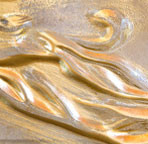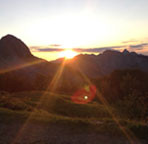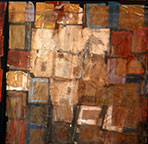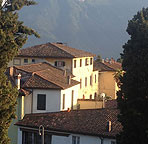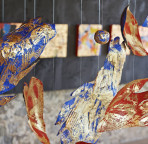Abstraction, of course, has a lot to do with ideas and theory. One of the valuable things it does more fiercely than a Iot of other art is to make us think and read what others think: Greenberg on Pollock, Professor Michael Fried, Mellon lecturer in 2002, on Stella, and so on. But it is also crucially about experience and about particulars. The less there is to look at, the more important it is that we look at it closely and carefully. This is critical to abstract art. Small differences make all the difference. —Kirk Varnedoe, Pictures of Nothing, Abstract Art since Pollock
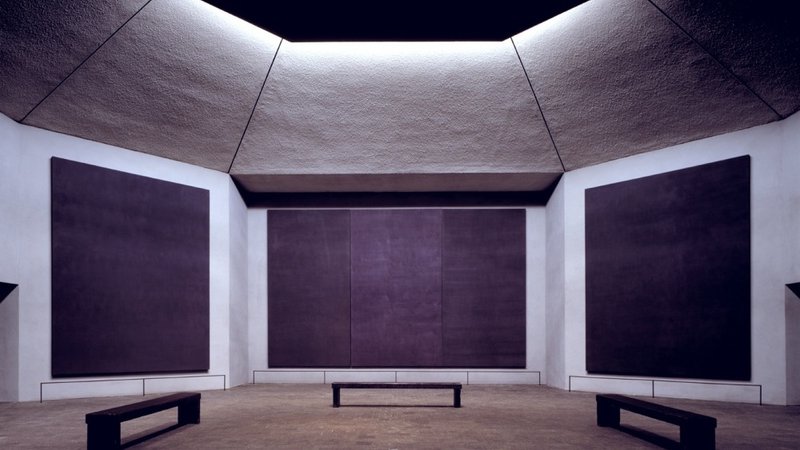
Speaking on abstract art in his 2003 Mellon lecture published as Pictures of Nothing, Abstract Art since Pollock, Kirk Varnedoe goes on to say, “Abstract art, while seeming insistently to reject and destroy representation, in fact steadily expands its possibilities. It adds new words and phrases to the language by colonizing the lead slugs and blank spaces in the type tray. Seeming nihilism becomes productive, or, to put it another way, one tradition’s killer virus becomes another tradition’s seed. Stressing abstract art’s position within an evolving social system of knowledge directly belies the old notion that abstraction is what we call an Adamic language, a bedrock form of expression at a timeless point prior to the accretion of conventions. If anything, the development of abstraction in the last fifty years suggests something more Alexandrian than Adamic, that is, a tradition of invention and interpretation that has become exceptionally refined and intricate, encompassing a mind-boggling range of drips, stains, blobs, blocks, bricks,and blank canvases.”
The fruitful association of abstract work with the scared is a case in point of Varnedoe’s suggestion that far from limiting the conversation, abstraction expands the vocabulary of our spiritual experience. Commenting on his first encounter with his father’s famous paintings in Houston’s Rothko Chapel, Christopher Rothko remarked, “Its a place that will really not just invite but also demand a kind of journey.”
(Pictured above, a view of the Rothko Chapel in Houston, Texas.)
Comments welcome.

